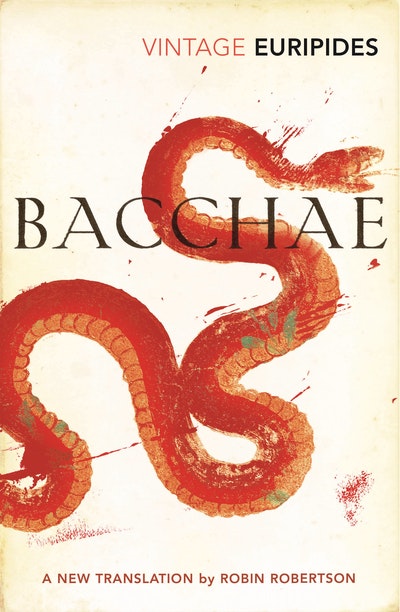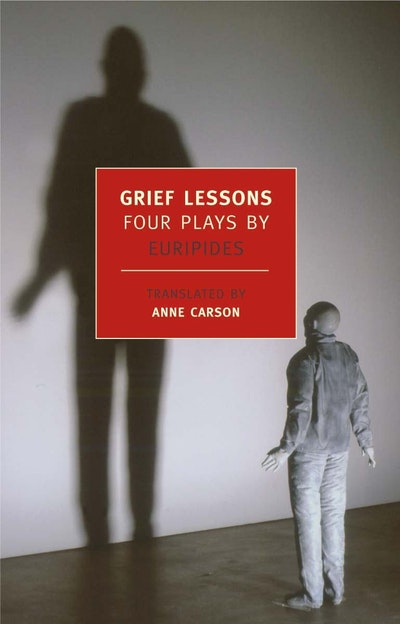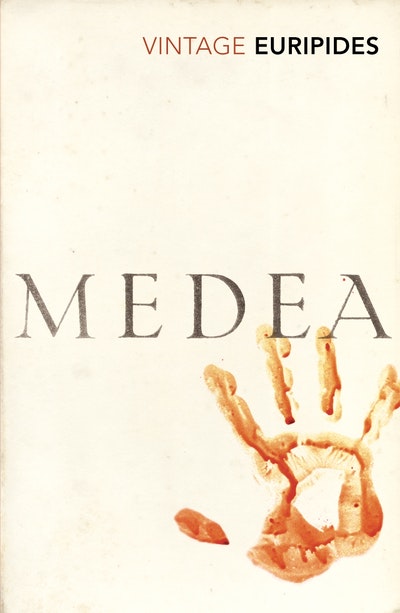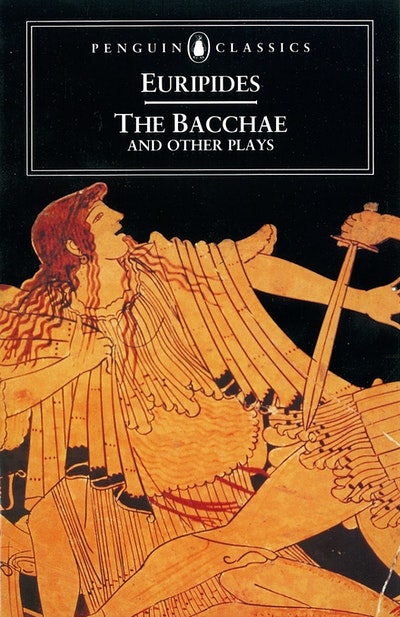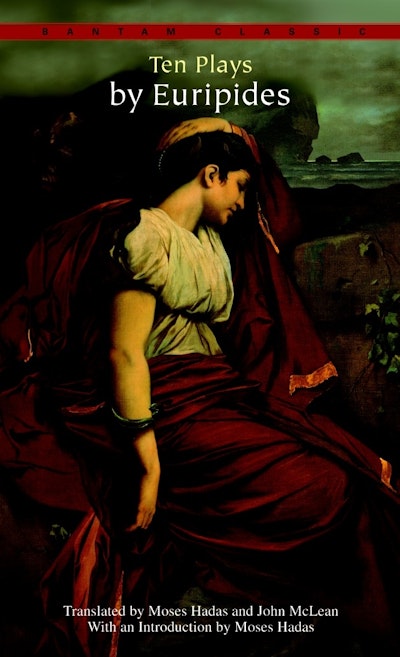Bacchae
- Published: 6 February 2014
- ISBN: 9781448155958
- Imprint: Vintage Digital
- Format: EBook
- Pages: 128
‘Euripides’s Bacchae is one of the most powerful poems in Greek literature...one of the hardest texts in Western literature to translate. The astute Scottish poet Robin Robertson has already shown with his Medea, published in 2008, that he can translate Euripides into chiselled English poetry ripe for theatrical delivery. Bacchae is even better. In the choral odes, sung by the titular Bacchants, he has radiantly evoked the ritual solemnity, supported by assonance and percussive drive, that makes these sung poems so otherworldly. The dialogue is taut, volcanic and often exquisitely beautiful... Euripides deserves to have his exquisite verse transformed into modern speech, and in Robertson I believe he has found a poet who can do that. This translation cries out for realisation by multiple voices on radio or in live theatre
Edith Hall, Literary Review
Robin Robertson is the great Euripides translator of our time. The clarity and power of his Medea is unmatched, and his Bacchae is just as direct, unhindered and fluid, perfect for revealing such madness.
David Vann
I can recommend the clarity of the translation...Robertson maintains a robust and exuberant style. It’s time to brush up on our Greek theatre and here’s a stunning chance
Grace Cavalieri, Washington Independent Review of Books
It's 2,400 years old, yet it is so compelling and absolutely modern
Deborah Warner
I portray men as they should be, but Euripides portrays them as they are
Sophocles, Aristotle's 'Poetics'
